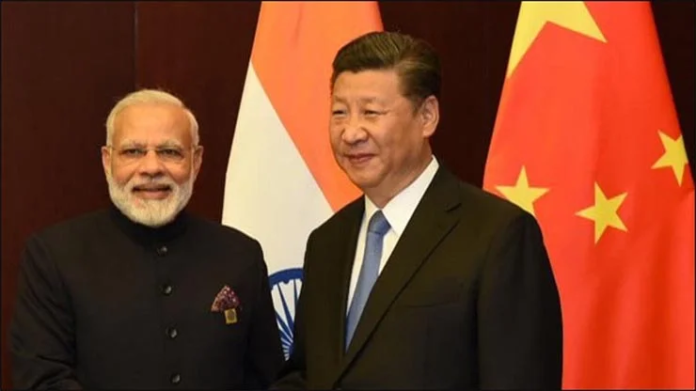New Delhi: National security planners have found several irregularities in the operations of Chinese companies and the import of Chinese products into India – ranging from improper documentation for visas, evading local taxes, and bypassing scrutiny by the ministry of home affairs (MHA) — according to highly placed sources.
Since the Galwan clash in 2020, the Union government cracked down on the issuance of visas, with only 2,500 business visas and another 3,000 e-visas given to Chinese companies and workers in 2023-24.
Indian Intelligence and financial investigating agencies have also found that there was large-scale misuse of the e-visa scheme prior to 2020, with some Chinese nationals not only overstaying in India without the mandatory visa renewals but also travelling to the border states and UTs such as Arunachal Pradesh and Jammu & Kashmir.
Officials in three ministries dealing with the matter, who spoke on condition of anonymity, said the current visa regime was also being exploited by some Chinese companies by mis-declaring visa categories. For instance, some Chinese firms were applying for business visas for the installation and commissioning of industrial units though the correct category for this purpose is an employment visa.
While officials are concerned about the impact of importing billions of dollars worth of furniture, lighting, fixtures and sanitary ware annually from China, and its impact on the local industry – just as Chinese telecom companies flooded the Indian market, setting back domestic phone makers – a pattern they have observed is some Chinese firms claiming “Make in India” benefits to establish units in India and then importing or sourcing up to 80% parts in those units from China.
This problem, the officials said, even extends to some Chinese firms that have been operating in the country for roughly two decades. The officials asked that the firms not be named until formal complaints are registered against them and action is initiated.
There have also been quality concerns over Chinese products — many of which are cheaper than Indian products but of inferior quality — and it was during the Modi government that the Union commerce ministry in July 2023 started issuing quality control orders (QCOs) to set benchmarks and implement standards.
For Modi, economic security is priority with China, not profit for Indian business.
While 47,000 business visas were issued to Chinese companies in 2018, the number of e-visas during the same period was 150,000. The number of business visas issued to Chinese nationals in 2019 was about 19,000 but the number of e-visas jumped to 200,000. Post the Galwan clash in 2020, the Union government cracked down on the issuance of visas, with only 2,500 business visas and another 3,000 e-visas given to Chinese companies and workers in 2023-24.
Officials said the numbers were unlikely to rise until several of the issues cited above were sorted, and the boundary issue in East Ladakh that arose after the Galwan incident is resolved.





